
Diagnosed with leukemia, a successful orchestra conductor learns that he is adopted, and his younger brother is in a village marching band. The conductor decides to help them win a regional contest.
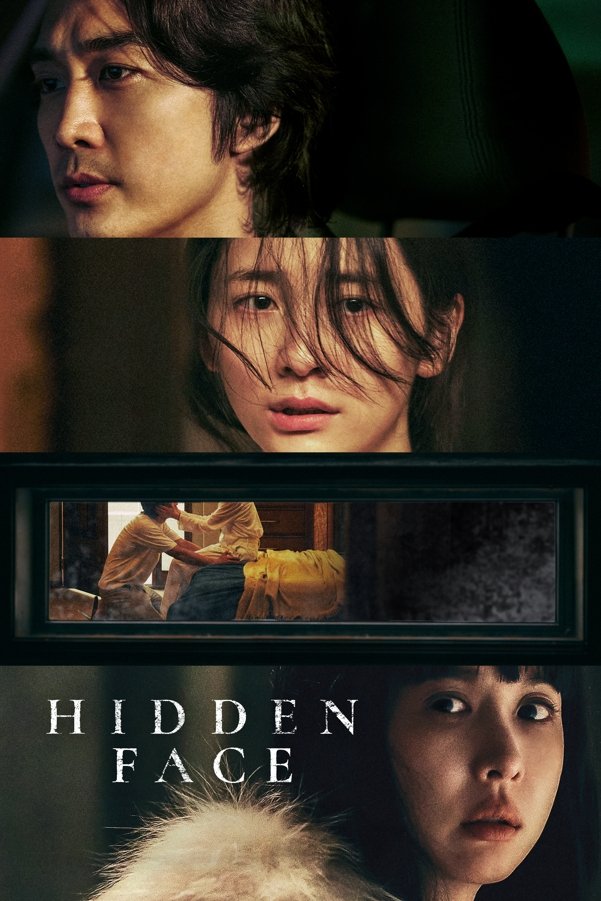
Su-yeon, a cellist in an orchestra led by her fiancé and conductor Sung-jin, disappears one day, leaving behind only a video recording. Sung-jin is devastated over the loss of Su-yeon, but feels a strong attraction to Mi-ju, a cellist who fills in for his fiancée. Then one rainy night, Sung-jin and Mi-ju get swept away by their mutual desires for each other and commit an unforgivable act at Su-yeon’s house. Meanwhile, Su-yeon, who is thought to have gone missing, remains trapped in a secret room inside her house, and watches the naked truth unravel before her.
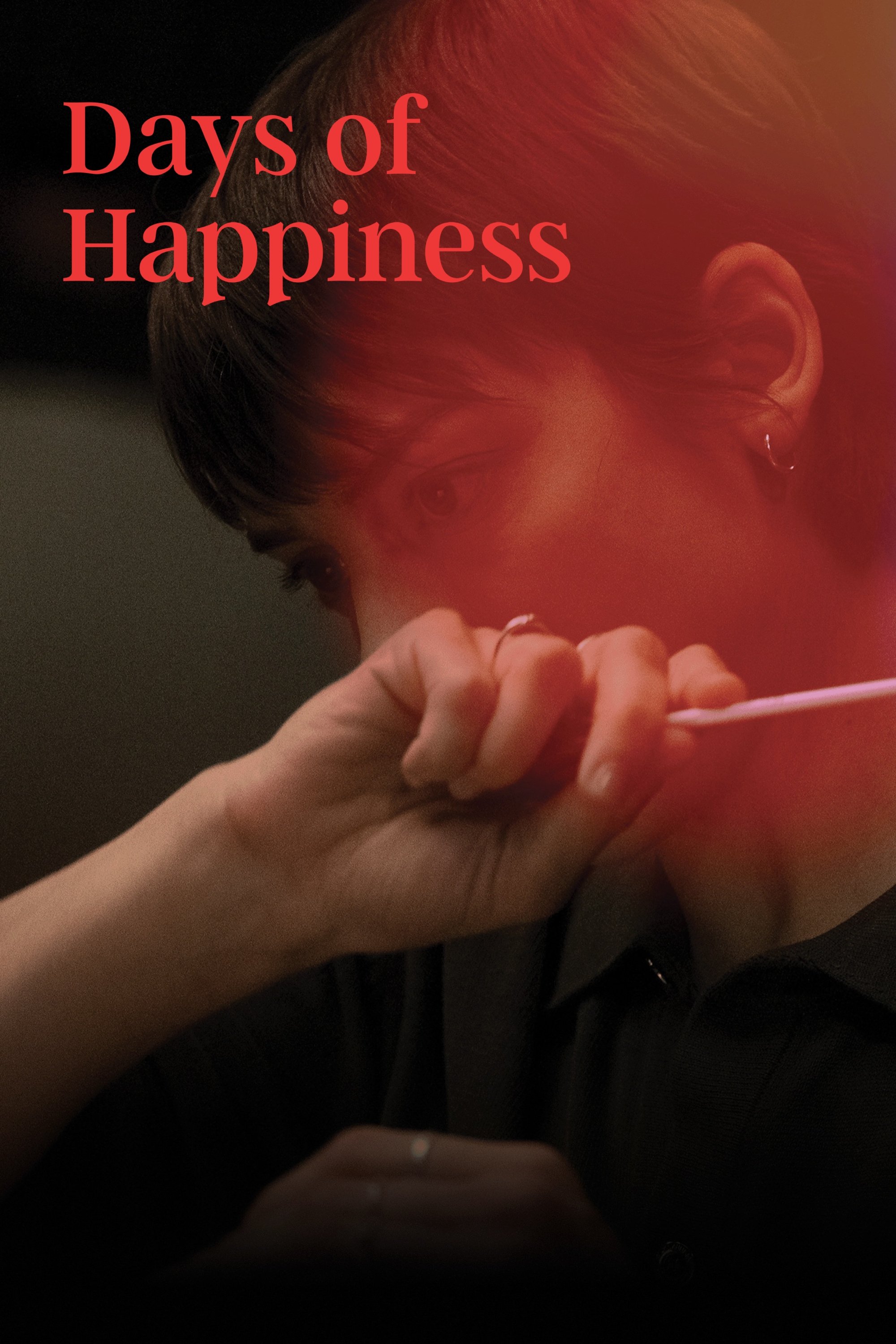
Emma, a talented conductor and rising star on the Montreal scene, has a complicated relationship with her father and agent Patrick. She has to face up to her emotions and decide whether she wants to successfully combine her career with her love affair with Naëlle, a recently separated cellist and mother of a young son.
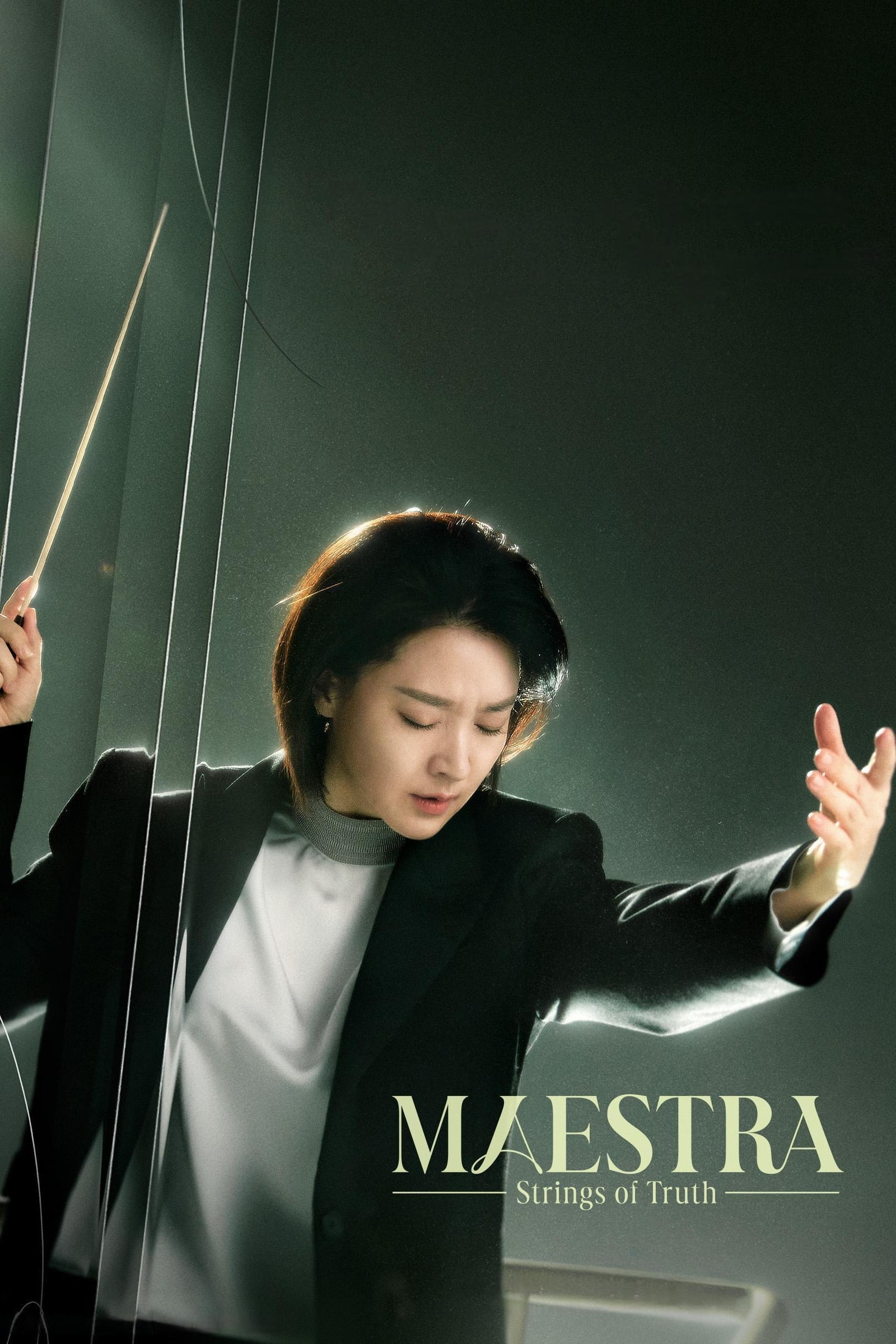
A highly accomplished conductor decides to leave her life in New York behind to take up the challenge of reviving a struggling orchestra.
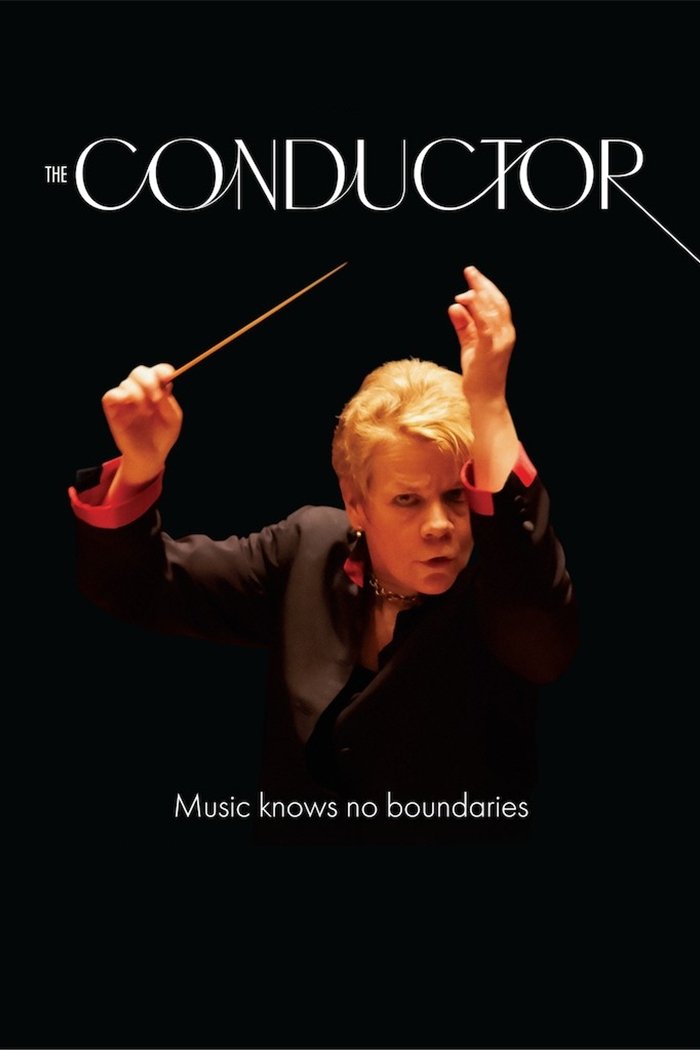
Leonard Bernstein’s protégée Marin Alsop reveals how she smashed the glass ceiling to become an internationally renowned conductor.

A musical journey in the footsteps of conductor Michel Brun, an atypical character, an atheist, who nevertheless plays sacred music, and who devotes his life to Johann Sebastian Bach. With the musicians of the Ensemble Baroque de Toulouse.
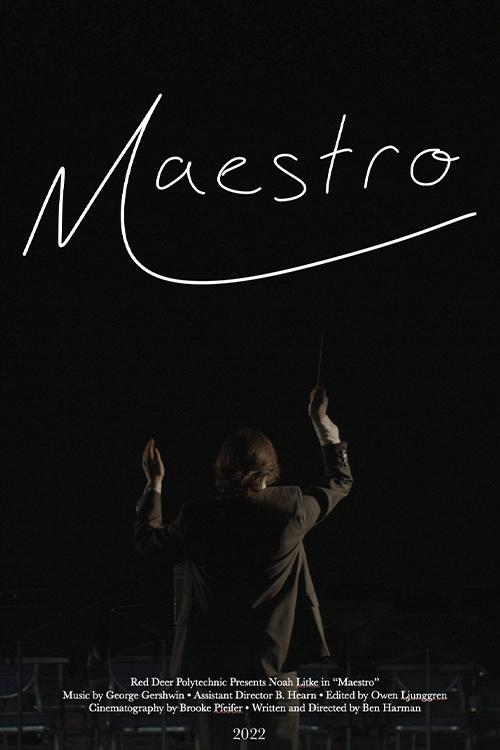
An aspiring conductor finds himself in his dream position, conducting an orchestra that doesn't exist.

Conductivity is a film about creative leadership told through the story of three young conductors at the prestigious Sibelius Academy in Helsinki, Finland; I-Han Fu (Taiwan), Emilia Hoving (Finland) and James Kahane (France). When stepping on the podium, they are put under a magnifying glass. Conductor training, in essence, is leadership training. The film gives a unique viewpoint to follow the students, as this is the first film about conductor training at the Sibelius Academy.

In the tradition of Anthony Bourdain's "Kitchen Confidential" and Gelsey Kirkland's "Dancing on my Grave" comes an insider’s look into the secret world of classical musicians. From her debut recital at Carnegie Recital Hall to the Broadway pits of "Les Miserables" and "Miss Saigon," Blair Tindall has played with some of the biggest names in classical music for twenty-five years. Now in "Mozart in the Jungle," Tindall exposes the scandalous rock and roll lifestyles of the musicians, conductors, and administrators who inhabit the insular world of classical music.
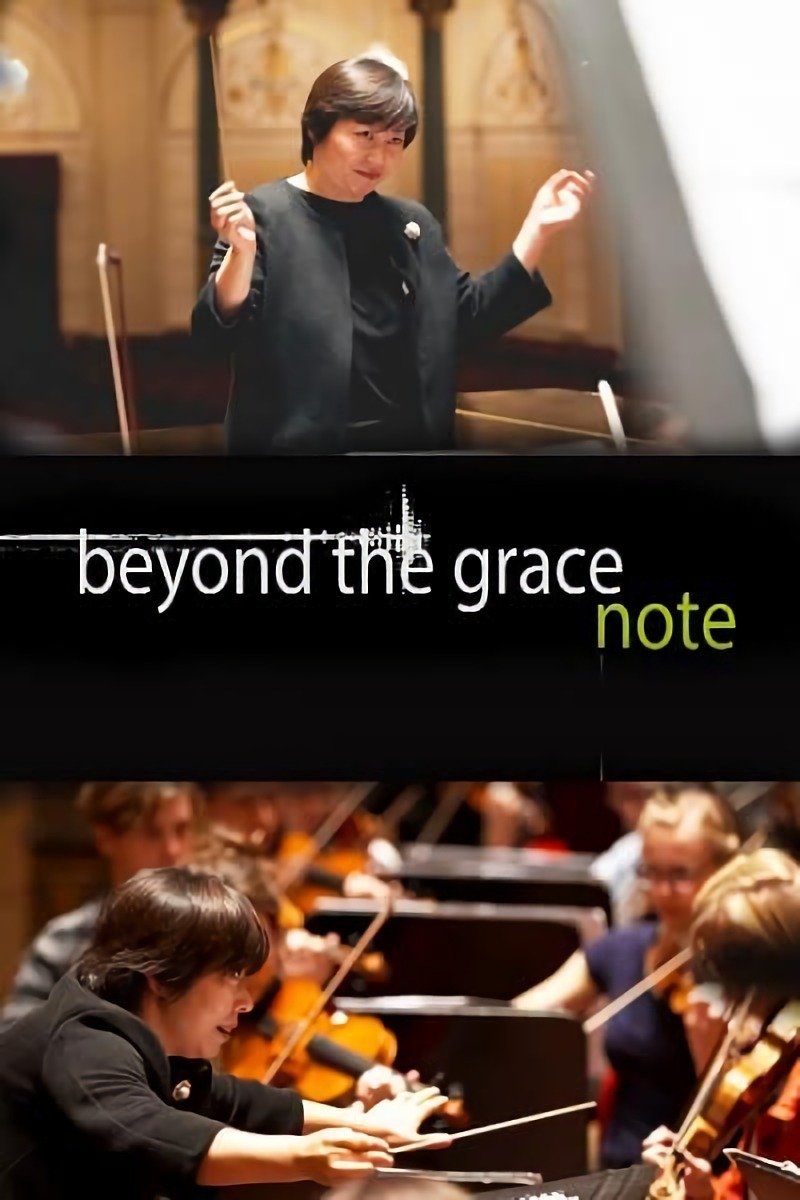
Beyond the Grace Note examines the hard climb to the podium faced by women conductors today. Leading female conductors open up for the first time about the struggles they faced throughout their careers and how their love of music saved them in this difficult and competitive profession.
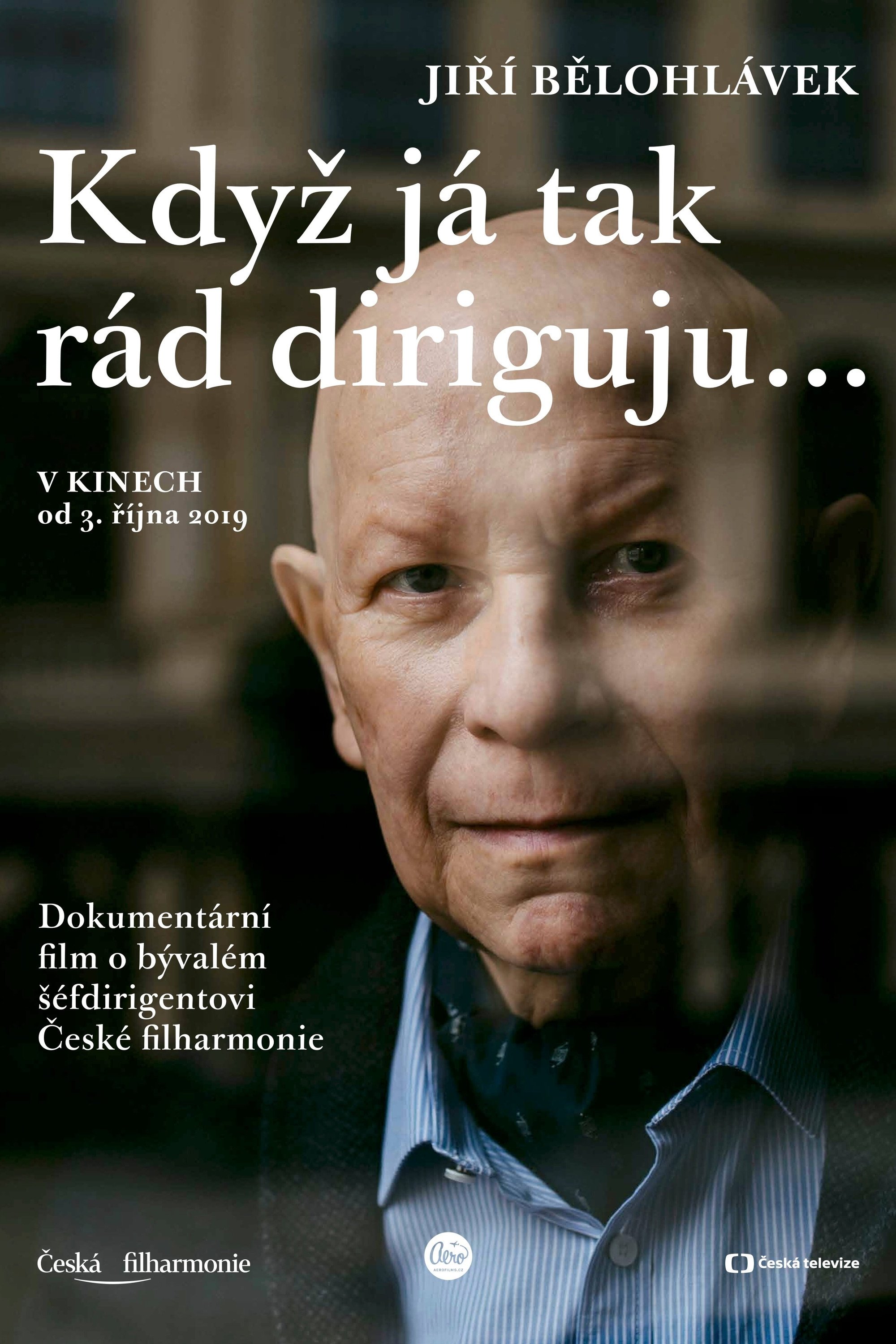

An account of the life and work of controversial German orchestra conductor Herbert von Karajan (1908-89), celebrated as one of the greatest musicians of the twentieth century.
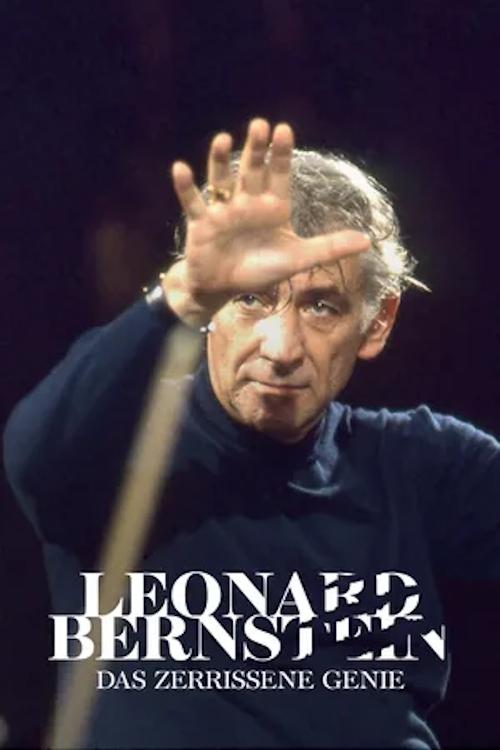
One of the first US born conductors to receive worldwide fame, Leonard Bernstein is an exceptional composer and certainly not only due to The West Side Story. Instead of concentrating exclusively on his most famous work, Thomas von Steinaecker sets out to paint a complete picture of Bernstein. Thus, the documentary focusses on the American’s less known later works and on three compositions in particular: his Mass, the musical 1600 Pennsylvania Avenue and the great final opera A Quiet Place. The film paints a vivid picture of the multitalented Bernstein, struggling with his role as composer and conductor, tackling the tension between successes and flops, between the politics of his time and his own liberal humanitarian claim. It looks back on Bernstein’s major achievements, such as his acclaimed conducting of Mahler and his involvement in the Young People’s Concerts, and it shows Bernstein’s work with young aspiring musicians as well as his political commitment.

Shinichi Chiaki is a first class musician whose dream is to play among the elites in Europe. Coming from a distinguished family, he is an infamous perfectionist; not only is he highly critical of himself, but of others as well. The only thing stopping Chiaki from leaving for Europe is his fear of flying. As a result, he's grounded in Japan. During his 4th year at Japan's top music university, Chiaki happens to meet Noda Megumi—or as she refers to herself, Nodame. On the surface, she seems to be an unkempt girl with no direction in life. However, when Chiaki hears Nodame play the piano for the first time, he is in awe at the kind of music she plays. To Chiaki's dismay, Nodame moves into the apartment next to his and finds out that she is head-over-heels in love with him.

When a classically trained young conductor meets a free-spirited pianist at music school, their romance and their music have a hard time harmonizing.

A joyful tale filled with music. The rise of radio. The jazz big bands. The legendary clubs and ballrooms. The soundtracks of the great musical films and TV shows. Sex and romance, gangsters, luxury cars and palm trees. From Barcelona to New York, with a stop in Cuba. The birth of Las Vegas. The sound of the maracas. Chihuahuas everywhere. The incredible life story of Xavier Cugat (1900-90).
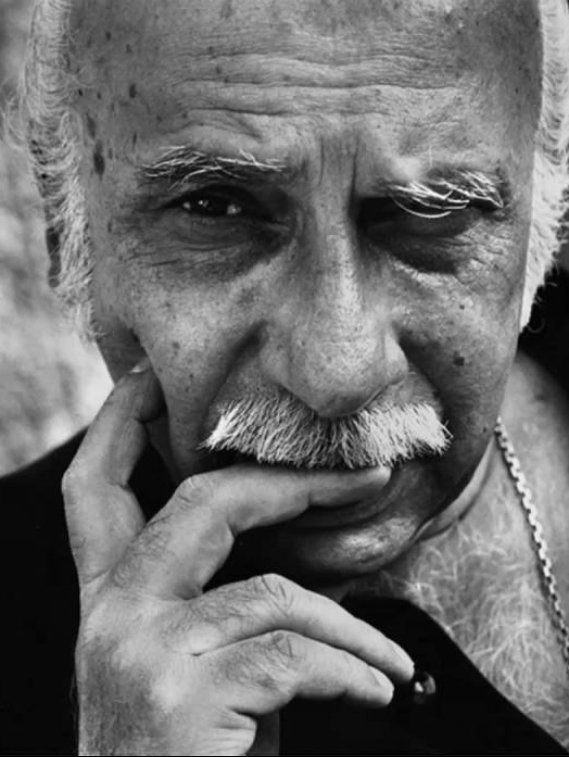
A documentary film "Angels of Sorrow", dedicated to the 80th Jubilee of a contemporary Georgian classic composer - Giya Kancheli is filmed during the concert tour in several cities of the world (Berlin, Brussels, Antwerp, Baku, Tbilisi). He is an artist, for whom the most important thing in all time was freedom. During Soviet period, he was accused of introducing morphine with his music and that he rejoiced enemies in capitalist countries with it. Giya Kancheli with his friends replied to all these from theater stage, where they reflected the whole absurdity of the Soviet Union. The war is still going on - Art can't change anything.
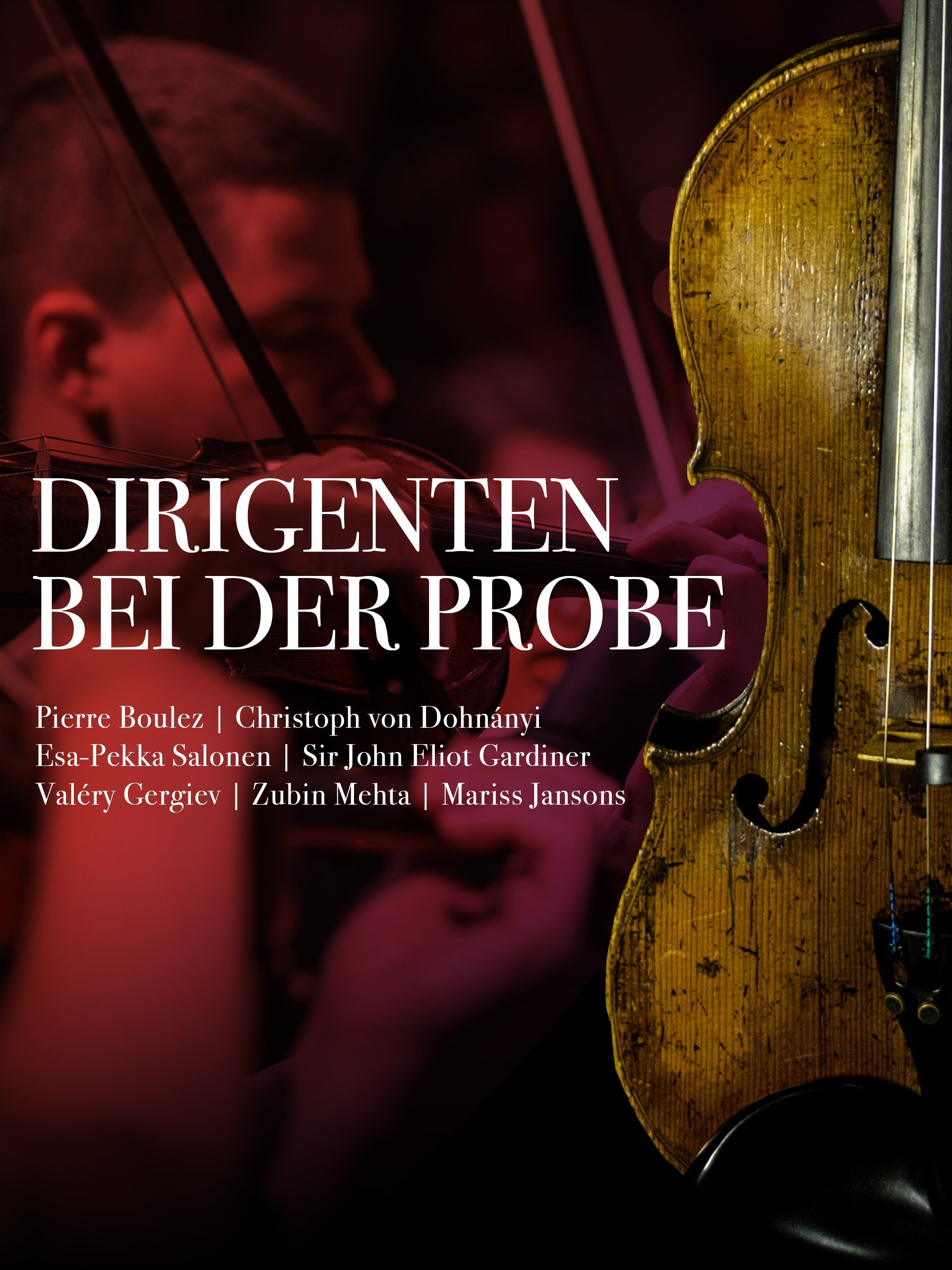
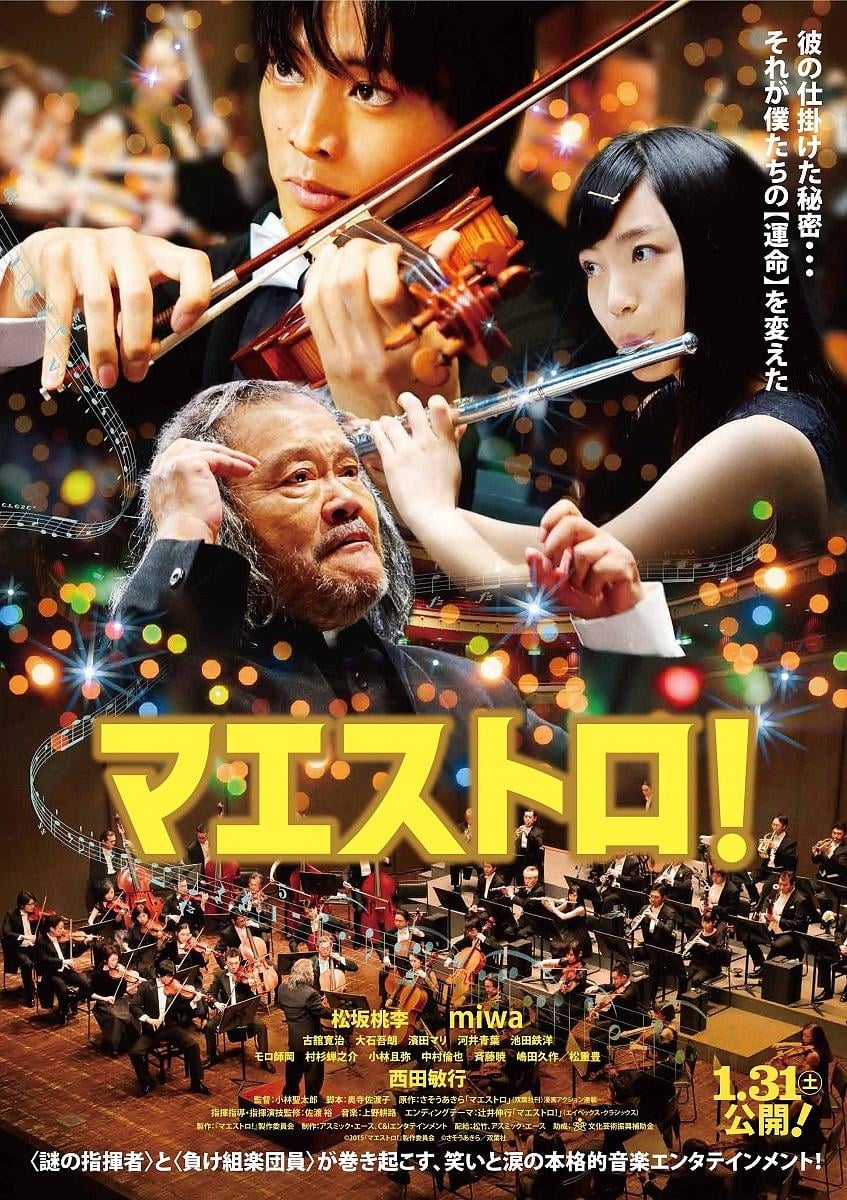
Due to the economic recession, the orchestra is shut down. The members hear later that the orchestra will be reformed. Only some of the members, who have not yet been rehired, gather for the orchestra. For the first time since they disbanded the orchestra plays together, but they sound horrible. At that time, the conductor Tetsusaburo Tendou appears in front of them.
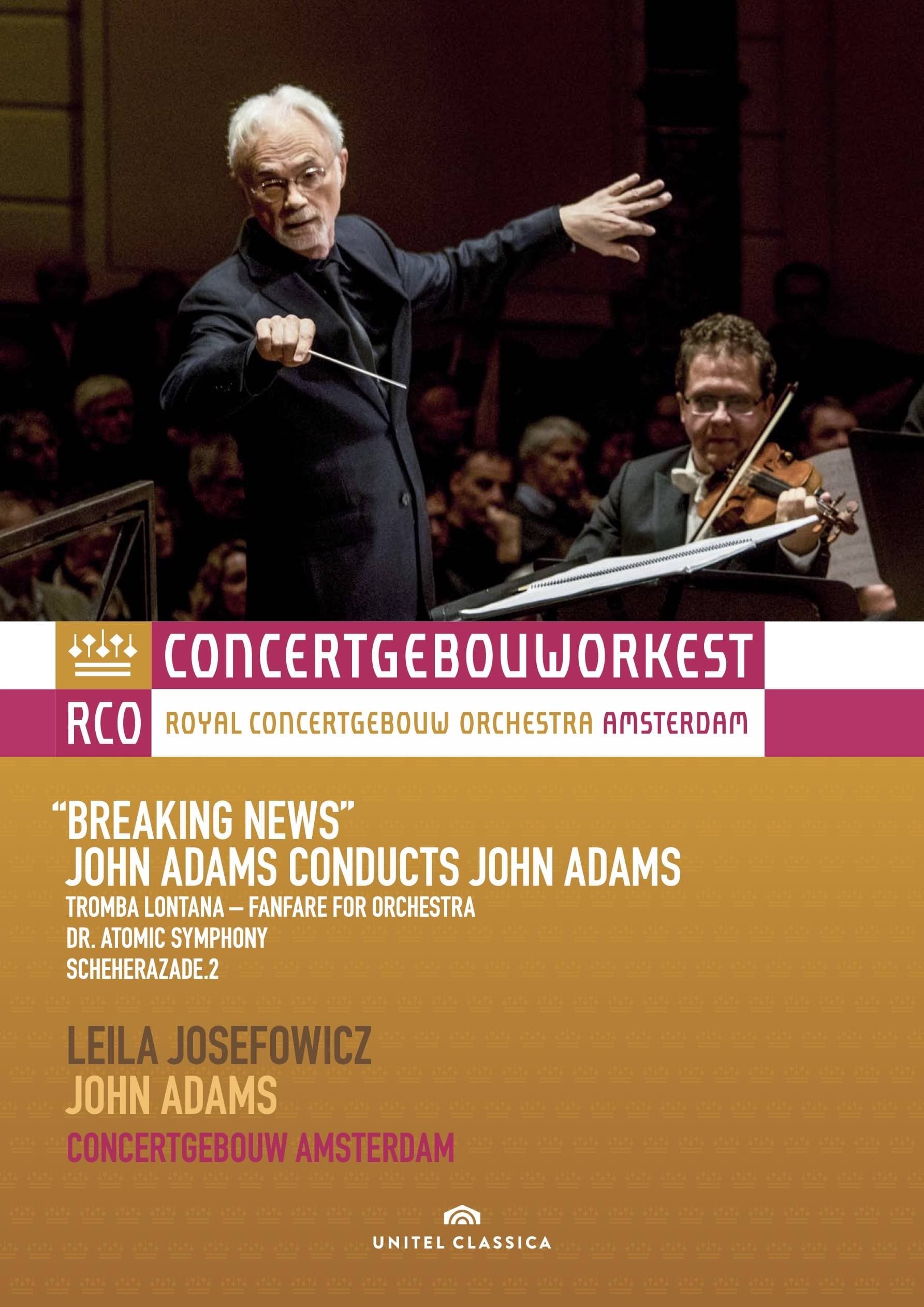
Like many of John Adams’ operas, Doctor Atomic is based on recent world historical events—here, the effusive Robert Oppenheimer, “father of the atomic bomb,” anxiously awaits the bomb’s first test in Los Alamos, New Mexico. Adams adapted the work into a symphony, comprising its three main acts. In the second half of the program, Adams conducts his 2015 violin concerto, Scheherazade.2, which restages the tale of the One Thousand and One Nights heroine as a strong woman navigating a patriarchial society, incarnated by the solo violin part. The work was composed specifically for Canadian-American virtuoso Leila Josefowicz and co-commissioned by the Royal Concertgebouw Orchestra, who perform it to perfection. The evening then closes out with Tromba Lontana, an orchestral fanfare written to mark the 150th anniversary of Texas’s independence from Mexico in 1836.
By browsing this website, you accept our cookies policy.